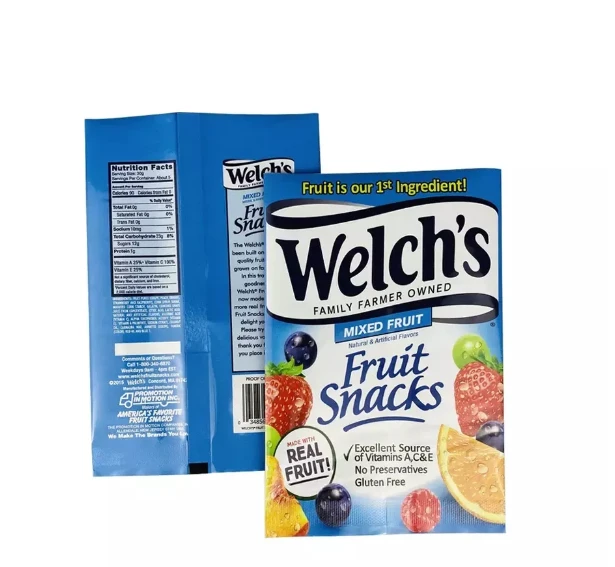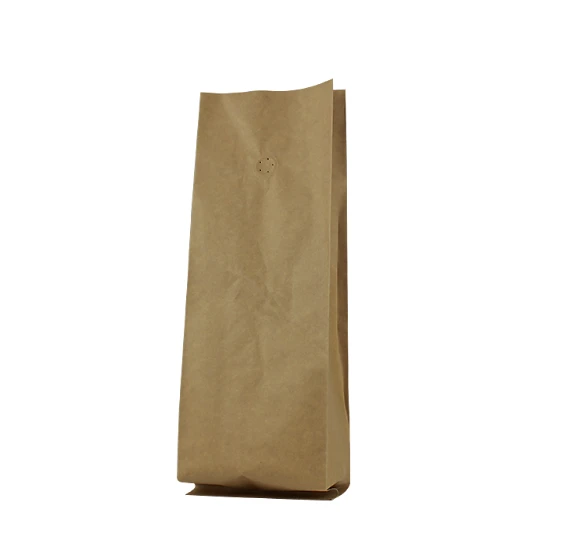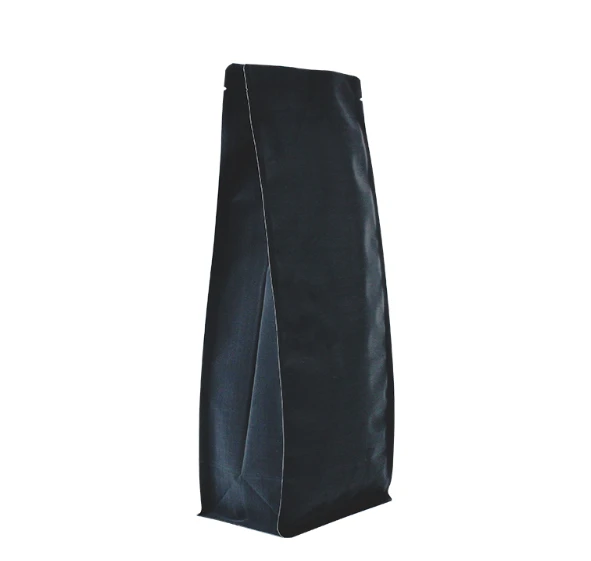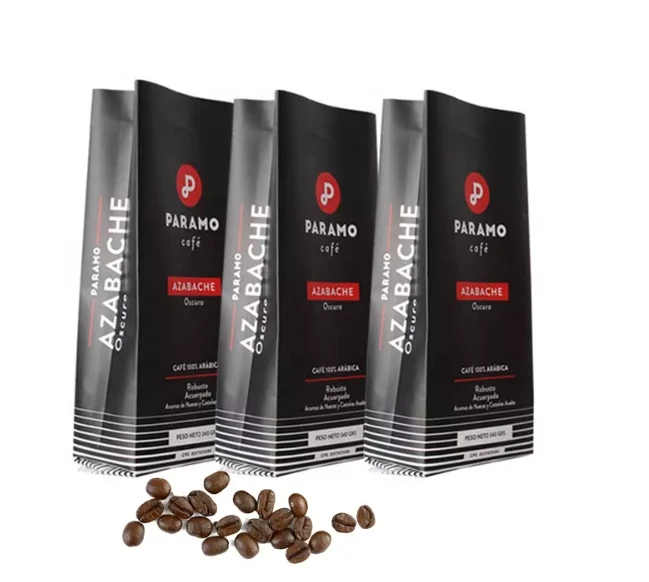Email: enid@bc-pak.com
Tel: 86-757- 88811186
- Afrikaans
- Albanian
- Amharic
- Arabic
- Armenian
- Azerbaijani
- Basque
- Belarusian
- Bengali
- Bosnian
- Bulgarian
- Catalan
- Cebuano
- chinese_simplified
- chinese_traditional
- Corsican
- Croatian
- Czech
- Danish
- Dutch
- English
- Esperanto
- Estonian
- Finnish
- French
- Frisian
- Galician
- Georgian
- German
- Greek
- Gujarati
- haitian_creole
- hausa
- hawaiian
- Hebrew
- Hindi
- Miao
- Hungarian
- Icelandic
- igbo
- Indonesian
- irish
- Italian
- Japanese
- Javanese
- Kannada
- kazakh
- Khmer
- Rwandese
- Korean
- Kurdish
- Kyrgyz
- Lao
- Latin
- Latvian
- Lithuanian
- Luxembourgish
- Macedonian
- Malgashi
- Malay
- Malayalam
- Maltese
- Maori
- Marathi
- Mongolian
- Myanmar
- Nepali
- Norwegian
- Norwegian
- Occitan
- Pashto
- Persian
- Polish
- Portuguese
- Punjabi
- Romanian
- Russian
- Samoan
- scottish-gaelic
- Serbian
- Sesotho
- Shona
- Sindhi
- Sinhala
- Slovak
- Slovenian
- Somali
- Spanish
- Sundanese
- Swahili
- Swedish
- Tagalog
- Tajik
- Tamil
- Tatar
- Telugu
- Thai
- Turkish
- Turkmen
- Ukrainian
- Urdu
- Uighur
- Uzbek
- Vietnamese
- Welsh
- Bantu
- Yiddish
- Yoruba
- Zulu
biodegradable cellophane wrap
Views :
Update time : Jan . 13, 2025 13:07
In the ever-evolving pursuit of sustainability, businesses and consumers alike are turning their attention toward biodegradable cellophane wrap as an eco-friendly alternative to traditional plastic packaging. This emerging product offers an innovative solution to the growing concern over plastic waste, promising not only to reduce environmental impact but also to enhance the freshness and safety of packaged goods.
Adopting biodegradable cellophane wrap also builds trust with an increasingly eco-aware consumer base. As trustworthiness becomes a crucial factor in brand loyalty, businesses that transition to biodegradable packaging are likely to see enhanced consumer perception and engagement. In fact, studies show that consumers are more inclined to support brands that actively take steps to reduce their environmental impact. From a practical standpoint, the integration of biodegradable cellophane wrap into existing packaging lines is generally straightforward and requires minimal adaptation. Its compatibility with standard wrapping equipment is a boon for manufacturers looking to make a seamless transition. Furthermore, investing in biodegradable alternatives can offer long-term economic benefits. As regulatory environments tighten and the cost of environmental taxes on non-renewable materials rises, early adopters of biodegradable packaging may find themselves in a favorable economic position. The shift to biodegradable cellophane wrap is more than just a trend—it's a step towards responsible production and consumption. By choosing this sustainable alternative, businesses not only address the pressing issue of plastic pollution but also position themselves at the forefront of eco-innovation. Embracing biodegradable cellophane wrap is a definitive move towards a sustainable future, embodying a genuine commitment to ecological well-being and showcasing a model of industry leadership in environmental care.
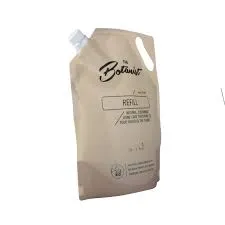

Adopting biodegradable cellophane wrap also builds trust with an increasingly eco-aware consumer base. As trustworthiness becomes a crucial factor in brand loyalty, businesses that transition to biodegradable packaging are likely to see enhanced consumer perception and engagement. In fact, studies show that consumers are more inclined to support brands that actively take steps to reduce their environmental impact. From a practical standpoint, the integration of biodegradable cellophane wrap into existing packaging lines is generally straightforward and requires minimal adaptation. Its compatibility with standard wrapping equipment is a boon for manufacturers looking to make a seamless transition. Furthermore, investing in biodegradable alternatives can offer long-term economic benefits. As regulatory environments tighten and the cost of environmental taxes on non-renewable materials rises, early adopters of biodegradable packaging may find themselves in a favorable economic position. The shift to biodegradable cellophane wrap is more than just a trend—it's a step towards responsible production and consumption. By choosing this sustainable alternative, businesses not only address the pressing issue of plastic pollution but also position themselves at the forefront of eco-innovation. Embracing biodegradable cellophane wrap is a definitive move towards a sustainable future, embodying a genuine commitment to ecological well-being and showcasing a model of industry leadership in environmental care.
Recommend products
Read More >>
Related News
Read More >>





